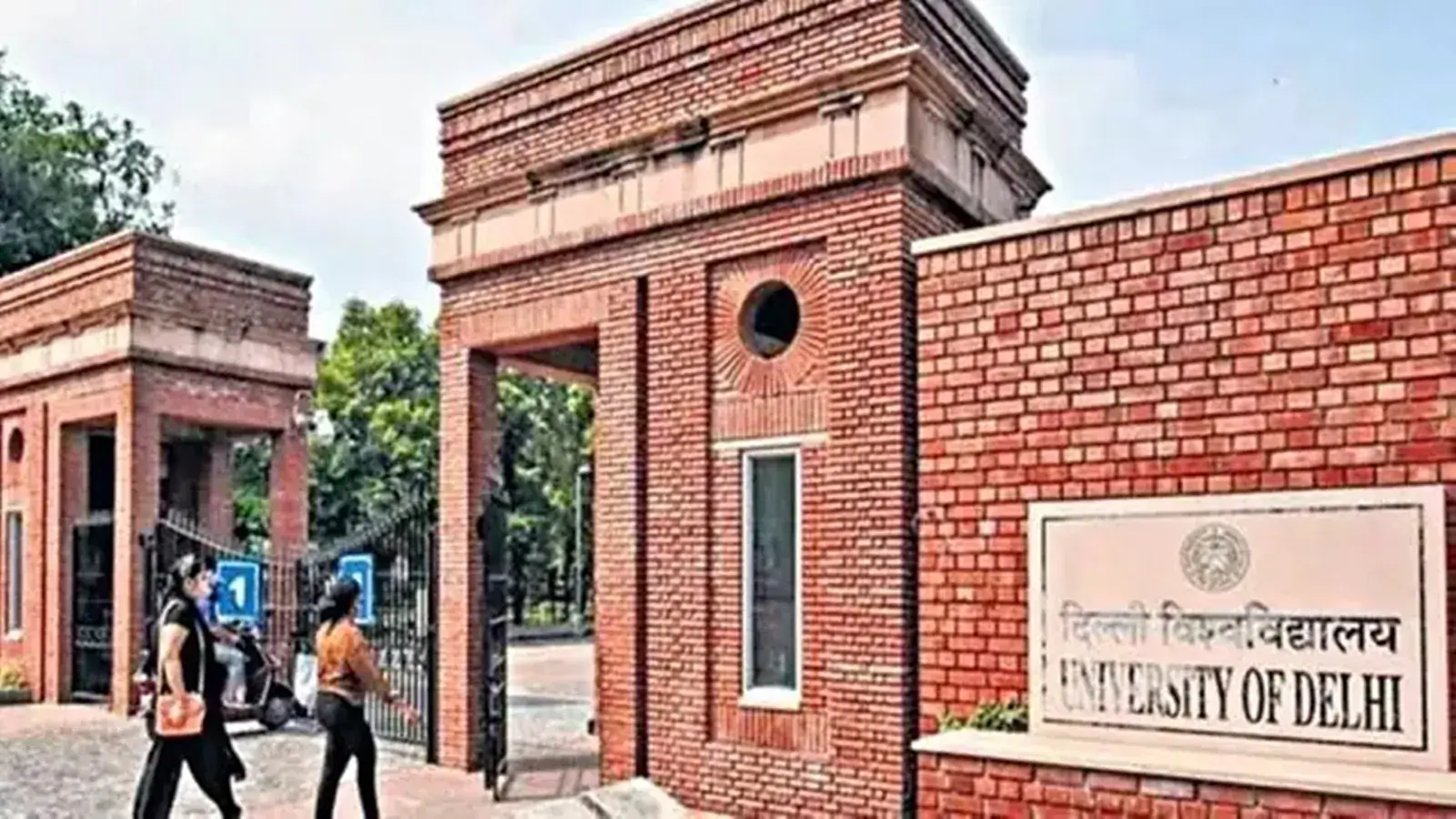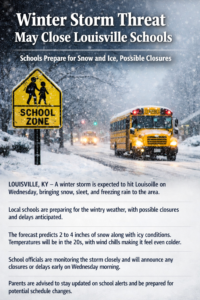The University of Delhi (DU) has issued an apology following widespread backlash over its undergraduate admission form that incorrectly had Bangla missing, and replaced languages like Urdu with inappropriate entries such as ‘Muslim’ and ‘Bihari’. The controversy has ignited intense debate about communal bias and clerical negligence.
DU Admission Form Error: What Happened?
The DU UG admission form error came to light when the form’s mother tongue section included caste-related and communal entries such as Cham***, Mazdoor, Dehati, Mochi, Kurmi, Muslim, and Bihari instead of legitimate languages like Urdu, Maithili, Bhojpuri, Magahi, and Bangla.
- Urdu and Bangla were missing from the language options.
- ‘Muslim’ was mistakenly listed as a language, causing widespread outrage.
- This sparked protests and social media criticism under the banner of DU form outrage.
The university acknowledged the mistake as a clerical error and promptly corrected it, but the damage to its reputation had already begun.
DU Apology and Official Response
In response to the uproar, DU issued a formal apology, stating the error was inadvertent and had been rectified immediately. The university emphasised its commitment to maintaining a diverse and harmonious environment.
- The DU apology was aimed at calming tensions and restoring trust.
- DU clarified that the mistake was not intentional and urged the public not to misinterpret the issue.
- The correction restored the rightful languages, including Urdu and Bangla, to the admission form.
Also Read: SAMS Odisha Second Selection Merit List 2025: Check Direct Link & Key Instructions
Public and Academic Reactions to DU Form Error
The DU form error triggered strong reactions from educators, political parties, and rights groups:
- Professor Abha Dev Habib, secretary of the Democratic Teachers Front, condemned the form as an example of islamophobic and communal bias.
- The All India Forum for Right to Education (AIFRTE) demanded a public apology and questioned whether other religions might soon replace languages on official forms.
- Political parties were divided: the Congress called it a conspiracy, while the BJP labelled it a ‘human error’.
- Several DU professors suggested the error was a poorly executed ‘experiment’ to appease political interests, rather than a simple clerical mistake.
Why the DU UG Form Error Matters
This controversy highlights deeper issues about communalism, identity, and administrative accountability in educational institutions:
- Language and identity: Mislabeling ‘Muslim’ as a language and omitting Urdu and Bangla disrespects linguistic and cultural heritage.
- Casteist entries: The inclusion of caste-based terms in a language section raises concerns about discrimination and insensitivity.
- Institutional negligence: Critics argue that such errors reflect a lack of professionalism and demand thorough investigation.
- Political implications: The incident is seen by some as part of a larger agenda to manipulate educational spaces along communal lines.
Timeline of Events
| Date | Event Description |
|---|---|
| 19 June 2025 | DU UG admission form released with errors |
| 20 June 2025 | Social media outrage begins over ‘Muslim’ as a language |
| 21 June 2025 | Professors and rights groups publicly condemn the form |
| 22 June 2025 | DU issues official apology and corrects the admission form |
| 23 June 2025 | Ongoing debates and calls for accountability continue |
What’s Next for DU and Applicants?
- Students are advised to check the corrected DU admission form on the official website: du.ac.in.
- The university is expected to conduct a review to prevent similar errors in the future.
- Calls for transparency and accountability remain strong among academics and civil society.
Conclusion: DU Form Error Sparks Important Debate
The DU UG admission form error has become a focal point for discussions on communalism, language rights, and institutional responsibility. While the university’s apology and correction are steps forward, the incident underscores the need for vigilance and sensitivity in managing educational processes in a diverse country like India.











Be First to Comment